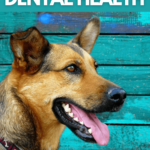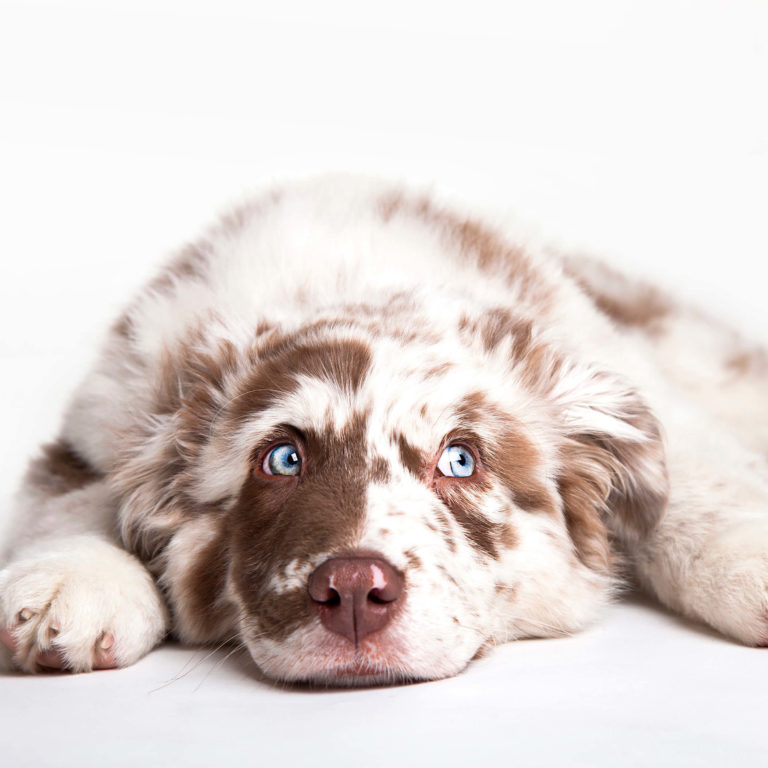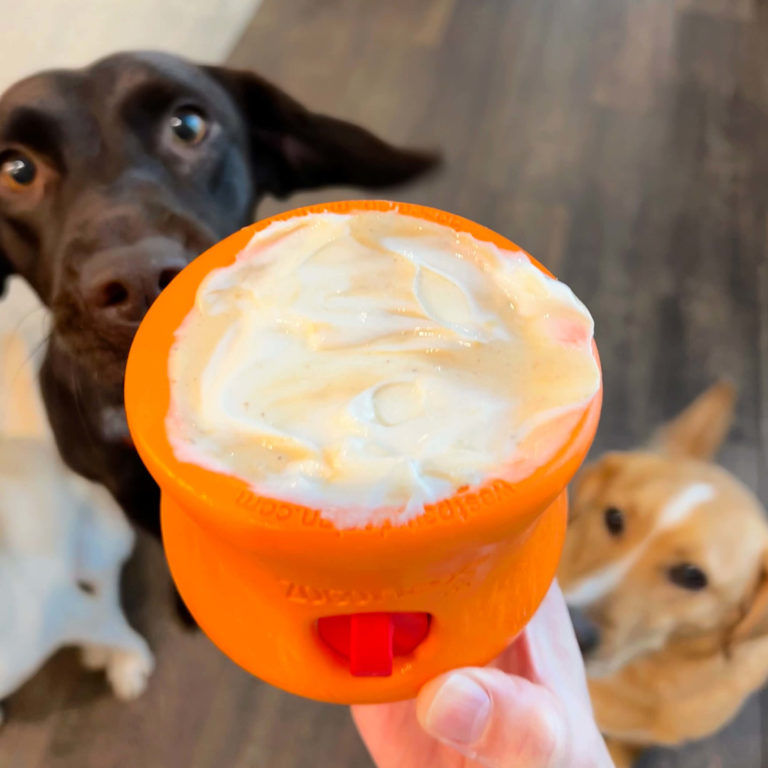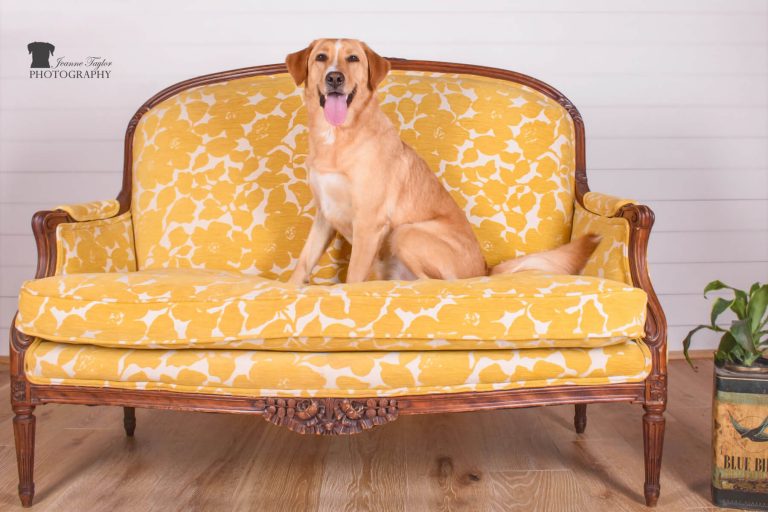Your Dog’s Dental Health
February is National Pet Dental Health Month, so now is the perfect time for some reminders about your dog’s dental health. First and foremost, if you’re only thinking of your dog’s dental health annually, or even monthly, you’re doing it wrong!
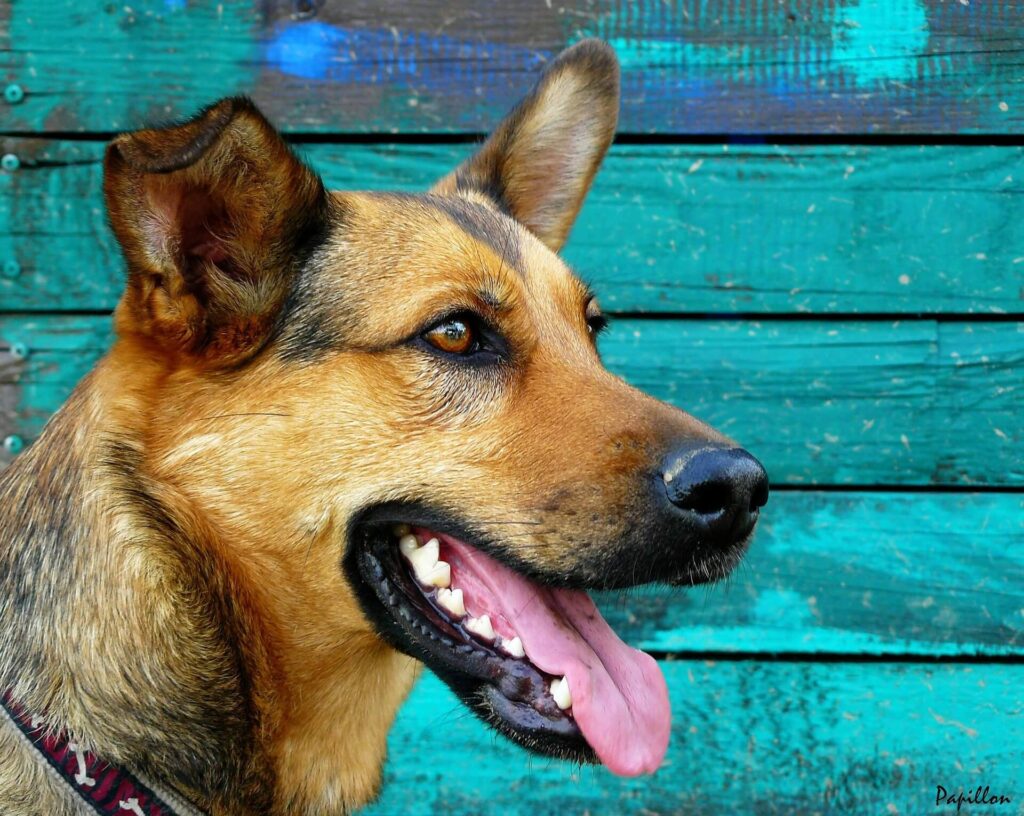
What is Periodontal Disease
Periodontal disease impacts your dog the same way it can impact you. Plaque, which becomes tarter, causes inflammation of the gums. Your veterinarian can remove plaque and tarter above the gum line. But left untreated, plaque and tarter below the gum line causes further inflammation and infection. Eventually, it damages teeth and their connective tissues, and even the jawbone itself.
Periodontal disease if a painful condition for your dog. But the impact isn’t limited to the mouth. Periodontal disease causes other health problems in dogs, including kidney, liver, and heart muscle changes.
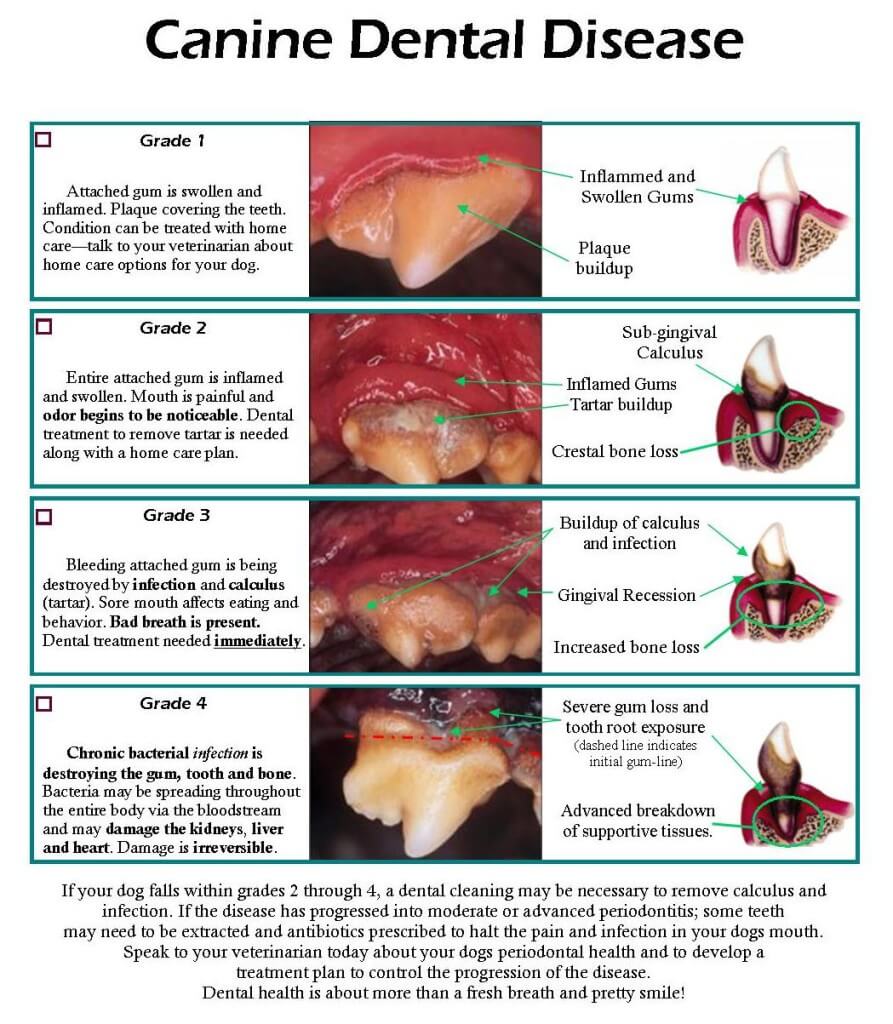
Brush your dog’s Teeth Daily
Your dog’s dental health is a daily task, meaning you should brush your dog’s teeth every day to avoid the impacts of periodontal disease.
I’m the first to admit, I haven’t been brushing the girls’ teeth every day. I brush them Monday through Friday, and I take a break on the weekends. However, I recently spoke with our veterinarian Dr. Richard Cutler at Cutler Animal Hospital about it. I now have a new resolve to brush their teeth every single day because the science doesn’t lie.
Dr. Cutler explained how studies indicate gram-negative anaerobes return within 40 days of a dental cleaning if you don’t brush your dog’s teeth to keep them at bay. That’s science talk for the bad bacteria associated with periodontal disease.
Let me put this another way. The effort having your dog’s teeth cleaned is wasted time and money if you fail to brush their teeth afterwards. A periodic brushing is just not going to cut it. In order for your dog’s dental health to be its best, daily brushing is the way to go.
Follow Dental cleaning Recommendations
Your veterinarian will check your dog’s teeth and gums for signs of inflammation, gingivitis, and other periodontal disease during their annual wellness visit, grading on a scale of 0 (normal) to 4 (severe). If they advise it’s time to consider a cleaning to maintain your dog’s dental health, you should heed their advice.
There is no hard and fast rule for how often your dog may need a dental cleaning. Factors like size, age, diet, and home dental care practices influence the condition of your dog’s teeth and gums, and thus how often cleaning is necessary. And like people, genetics plays a big role in your dog’s dental health as well. Some dogs are just more genetically inclined than others to develop severe periodontal disease.
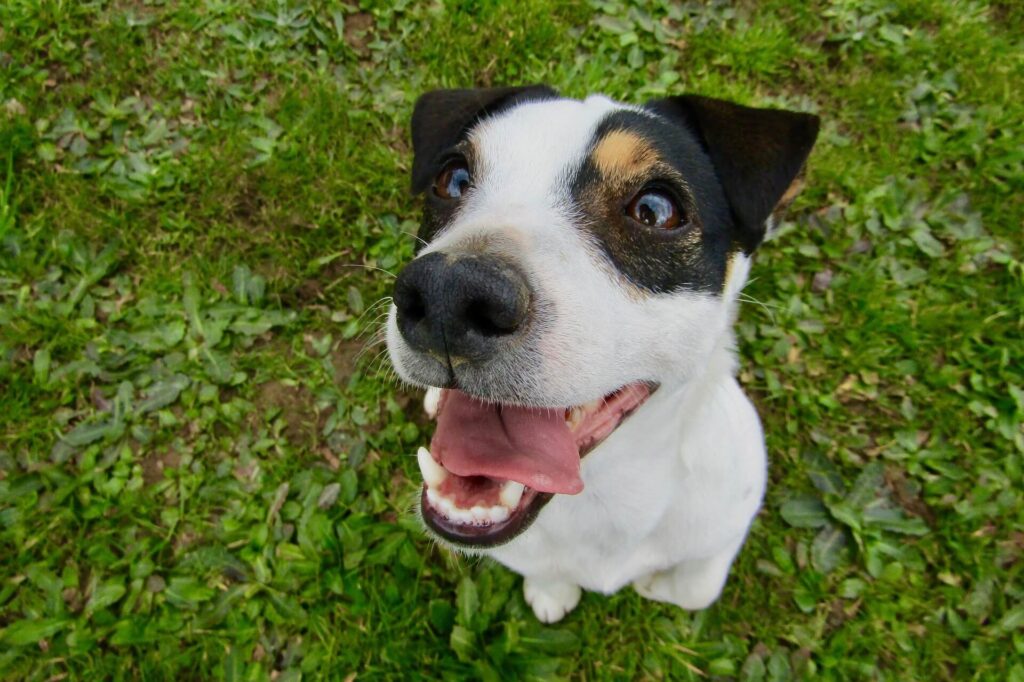
The next best preventive action is getting a dental cleaning when recommended by your veterinarian. During February’s National Pet Dental Health Month, many veterinarians offer a discount on cleanings, making it a great time to take the extra steps necessary to protect your dog’s dental health.
Dental cleaning is preventative care, and accident/illness-based pet insurance does not cover preventative care. However, if your pet requires dental illness treatment and you’ve been neglecting to follow your veterinarian’s preventive dental care recommendations, your dental illness claim may be denied.
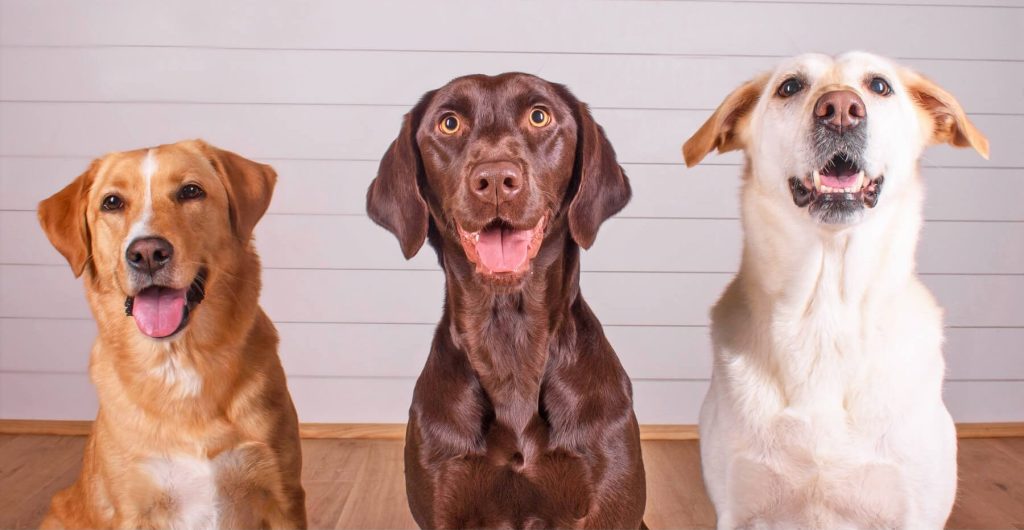
Join the Pack!
Subscribe for Our Latest Tips & Tricks
For Life With Dogs!
Why does a cleaning require anesthesia
A dog’s dental cleaning is much like your own where the teeth are scaled and polished. Unlike you, your dog is not going to sit still, open wide, and patiently cooperate with this often uncomfortable, sometimes painful, experience.
Anesthesia makes it possible for your veterinarian to perform a proper and thorough cleaning. It alleviates added stress and potential pain for your dog. It also alleviates the risk of injury to your dog, or your veterinarian, as your dog will not be moving or flailing around.
Use of anesthesia always comes with risk. But it’s generally safe, and the benefits of the dental cleaning far outweigh the risks of anesthesia. Ask your veterinarian to explain what measures they take to keep your dog safe during anesthesia.
Advanced Veterinary Dentistry
Your dog’s primary veterinarian can handle their basic dental care. This includes an annual check of the teeth and gums, and any recommended cleanings or simple extractions. However, if periodontal disease has been left untreated, your dog may require more extensive dental care than they’re equipped to handle.
In this case, your veterinarian may refer you to a board-certified veterinary dentist. A veterinary dentist can perform dental X-rays to further evaluate the condition of your dog’s jawbone and structures below the gum line. Treatments may involve more complicated extractions, and other oral surgeries or dental repairs.
Like any line of specialty care, a visit to a veterinary dentist is going to carry a heftier price tag. However, in most cases, you can avoid a costly trip to a veterinary dentist by maintaining a home dental care routine for your dog and by following the recommendations of your primary vet when it comes to dental cleanings.
An ounce of prevention
Your dog’s dental health is the epitome of the old adage “an ounce of prevention is worth a pound of cure.”
The very best preventive action you can take to protect your dog from progressive periodontal disease is upping the game of your dog’s home dental care routine with daily brushing.
Products for your dog’s dental health
This Jasper 360º Fingerbrush with bristles all the way around is a game changer for brushing my dogs’ teeth!
I use Virbac CET Enzymatic Toothpaste in Vanilla Mint flavor. It’s also available in Beef or Poultry flavors.
I’m skeptical of water additives claiming to support your dog’s dental health, but I’ve just purchased dog::ESSENTIAL healthymouthTM to use after the girls have their cleanings next month. It’s the first and only dental water additive to receive the Veterinary Oral Health Council (VOHC) Seal of Acceptance for plaque control in dogs. I’ll report back!
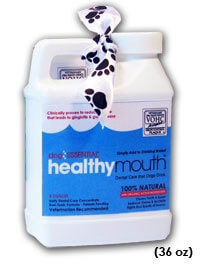
**A water additive is a supplement to – not a replacement for – daily brushing.
This post contains affiliate links for products I actually use and recommend. It’s not a sponsored post, but if you purchase through the provided links, I may receive a commission. All opinions are my own.

